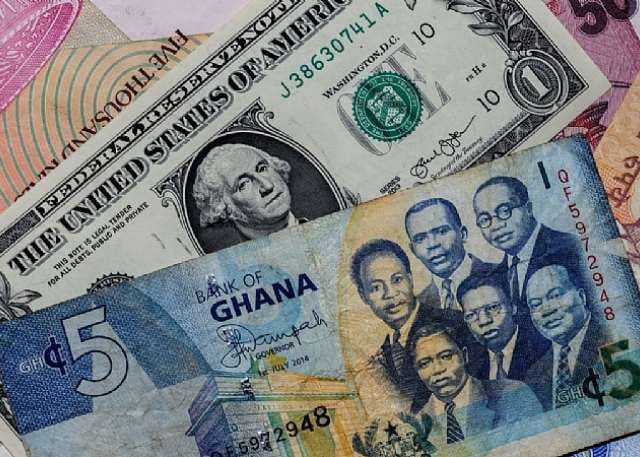The Ghanaian Cedi has continued its positive trajectory against the US dollar, demonstrating remarkable stability and strength in the foreign exchange market. As of May 22, 2025, data compiled by Cedirates.com, a trusted source for currency information in Ghana, indicates a buying rate of GHS11.75 per dollar and a selling rate of GHS12.40. This signifies a favorable position for those acquiring dollars, reflecting a continued appreciation of the cedi. This positive trend is further corroborated by rates at forex bureaus, which offer slightly varied rates of GHS12.20 for buying dollars and GHS12.80 for selling, catering to the dynamic demands of the retail foreign exchange market. The overall picture suggests a healthy and competitive landscape for currency exchange within Ghana.
The interbank market, representing transactions between financial institutions, paints a similar picture of cedi strength. The buying rate for dollars stands at GHS11.84, while the selling rate is GHS11.86. This minimal spread between buying and selling rates indicates stability and efficiency within the interbank market, suggesting a well-functioning and liquid foreign exchange system. The cedi’s performance against other major international currencies further reinforces its positive trend. Against the British pound, the average exchange rate sits at GHS15.72 for buying pounds and GHS16.66 for selling, while the euro is trading at GHS13.26 for buying and GHS14.11 for selling. These rates, while fluctuating, remain within a stable range, indicating a consistent value proposition for the Ghanaian cedi.
The Bank of Ghana’s interbank rates provide a benchmark for the market, with the pound selling at GHS15.85 and the euro at GHS13.34. These rates are closely aligned with the broader market trends, demonstrating the central bank’s role in maintaining stability and influencing the overall direction of the currency market. The convergence of these rates with those observed in the broader market underscores a healthy and transparent exchange rate mechanism.
The burgeoning landscape of digital remittances and money transfers offers competitive rates for Ghanaians receiving funds from abroad. Platforms like LemFi and Afriex provide attractive options for those transferring money from the US or the UK. For dollar transfers, LemFi offers a rate of GHS12.04 per dollar, while Afriex offers GHS12.53. These rates provide competitive alternatives to traditional remittance channels, often offering faster and more cost-effective solutions for individuals and businesses. The increasing adoption of these platforms reflects the growing importance of digital finance in facilitating international transactions.
For transfers in British pounds, LemFi offers a rate of GHS16.13, while Afriex provides a slightly higher rate of GHS16.93. Similarly, for euro transfers, LemFi offers GHS13.65 per euro, and Afriex offers GHS14.30. The variations in rates between these platforms highlight the importance of comparison shopping for those seeking the best value for their money transfers. The competitive landscape benefits consumers by driving innovation and offering greater choice in the remittance market.
Finally, for digital subscriptions to services like Netflix, Spotify, and Apple Music, the exchange rates for Visa and Mastercard transactions are GHS12.73 and GHS12.68, respectively. These rates are generally competitive with the prevailing market rates, allowing Ghanaian consumers to access international digital content at reasonable prices. The accessibility of these services through readily available payment methods reflects the increasing integration of Ghana into the global digital economy. The cedi’s overall performance against major currencies, combined with the competitive landscape of the remittance and digital payments market, points to a positive outlook for the Ghanaian economy.














